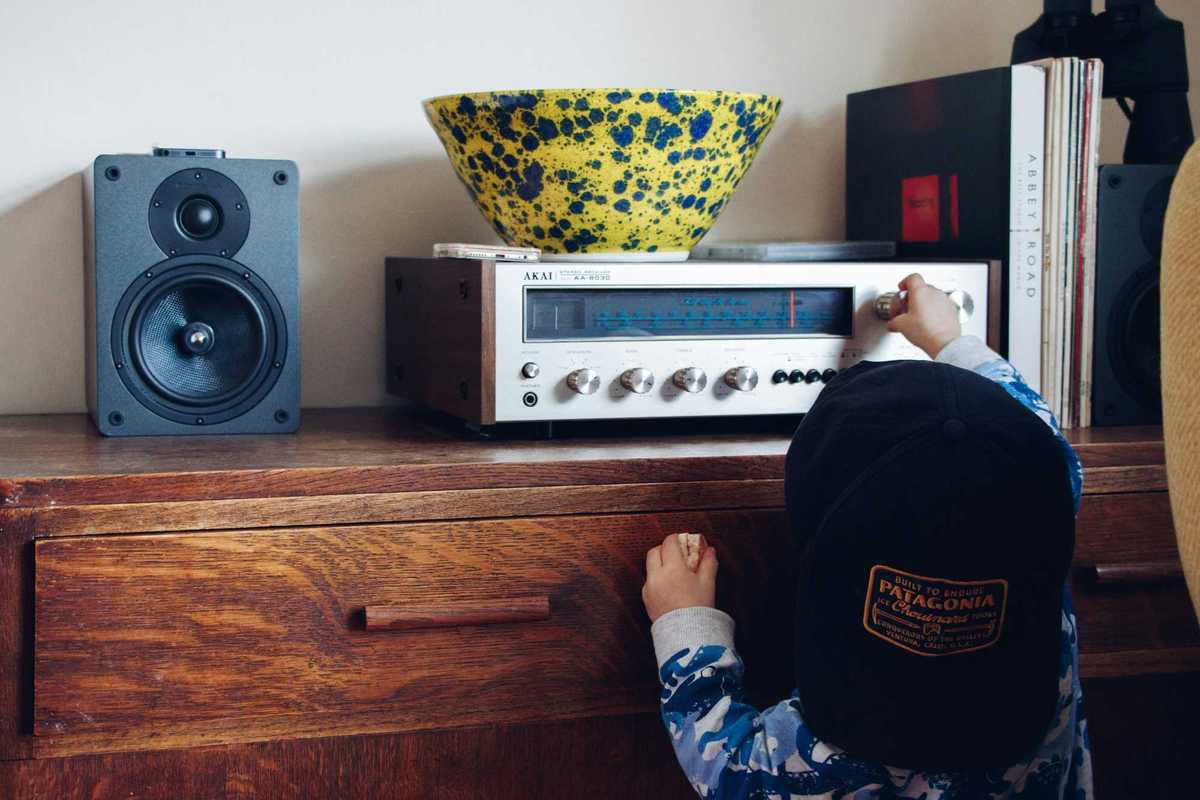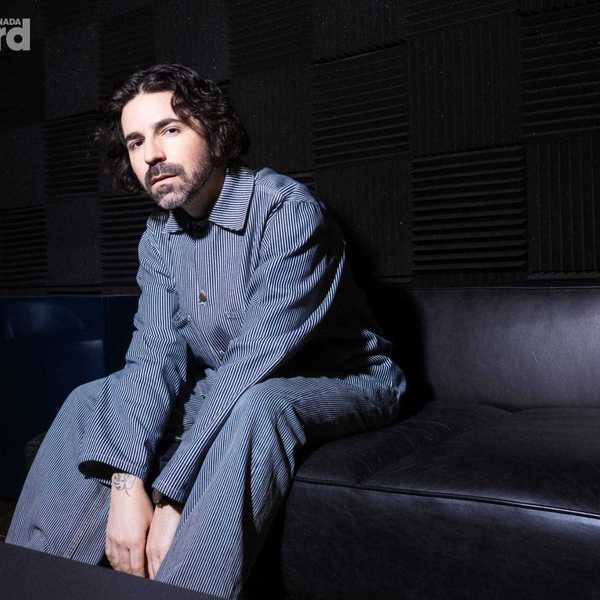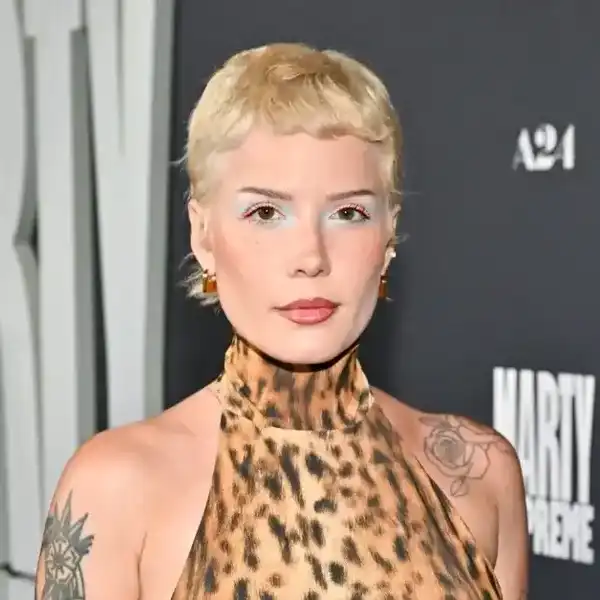Five Questions With… Derek Andrews
The Toronto Blues Society’s Maple Blues Awards traditionally kicks off the music award season in Canada every January.

By Jason Schneider
The Toronto Blues Society’s Maple Blues Awards traditionally kicks off the music award season in Canada every January. But having had nearly a full year to adapt to Covid restrictions, organizers have come up with a novel solution for this year’s ceremony.
The 2021 Maple Blues Awards will be staged virtually and streamed from four cities across Canada on each Monday of the month of February. Multiple past winners and nominees have been selected to host and perform for the awards events, beginning with Alana Bridgewater and Johnny Max hosting from Toronto on Monday, Feb. 1 with performances by multi-nominees Dione Taylor and Jack de Keyzer.
On Monday, Feb. 8, Angelique Francis and Matt Sobb will host the stream from Ottawa, with performances by JW-Jones and Crystal Shawanda. The Monday, Feb. 15 stream will come from Montreal, with hosts Dawn Tyler Watson and Ben Racine, with performances by Matt Andersen and Durham County Poets, and the final stream on Monday, Feb. 22 will be from Vancouver with hosts Jim Byrnes and Dalannah Gail Bowen, with a performance by 14-year-old Halifax-based Best New Artist nominee Liam Docherty.
All streams will begin live at 8 p.m. EST on the Toronto Blues Society’s Facebook page (@TorontoBluesSociety), making it a true national event honouring Canada’s best blues talent. We spoke with Toronto Blues Society president Derek Andrews about adapting to Covid, and you can get full details on this year’s awards at mapleblues.ca.
When did you realize that this year's award ceremony needed to be radically different, and how did the idea of doing a month-long event come about?
Covid-19 put our staging of the Maple Blues Awards concert event in jeopardy when it became apparent that venues were being restricted in capacity in March 2020. The event is expensive to produce and without box office revenue, we would have taken a bath, so we flipped to virtual without really knowing all the implications. Once we realized that there was a big benefit of going virtual, we looked to partner with blues societies in Ottawa, Montreal and Vancouver. We also realized that our usual two-hour experience was not an attractive idea given the screen time burnout that began to develop. Thus, we chopped the program into four more digestible experiences across the Mondays of February. Blue Monday to the max!
What were the challenges of getting the artists on board with the concept?
We’ve had immediate cooperation from our eight performing artists, from New Brunswick’s Matt Andersen to the sensational 14-year-old New Artist discovery from Vancouver Island, Liam Docherty. We also had quick buy-in from our four pairs of co-hosts. They have all been keen to participate. Historically, we have always had solid enthusiasm from artists since they are paid for their time. No travel was necessary this edition, but we’ve needed to sort out a lot of complications on how to secure high quality digital files, recorded from many locations, all edited into a coherent package. Our Technical Director Guillermo Subauste of Pacha Sound Studio has had to coach some artists on the best approaches, and some others have nailed the technical challenges.
What's your opinion on how the pandemic influenced the music that this year's awards will honour?
The pandemic reduced the level of blues activity across 2020—income, touring and recording. We saw about a 30 per cent drop in the number of releases for our Nominating Panel to consider for the ballot. Many people went ahead with their release plans, but some have held back, so they can connect with audiences in live situations, touring festivals and venues across the country, post pandemic. Touring has always influenced awareness of new recordings and trends, so everyone has had to be a little more creative this year.
Further to that, how has the pandemic affected the lives of blues musicians in Canada overall? Are many of them struggling?
The pandemic has had a brutal impact on not just the finances of many, but also their mental health and level of frustration as artists. The Covid restraints imposed on creative people are simply counterintuitive. Artists want and need to perform, to engage with their public, music is life to so many of Canada’s deep reservoir of blues talent. Everyone has made the most of this unique ‘once in a lifetime’ experience and is hanging on with the hope of some form of normal returning in the coming months. Staying within your bubble certainly cramps one's style. One interesting survival twist we can share is that two top-level artists from Ontario and Quebec have relocated to the fair weather of British Columbia, as both Angel Forrest and Diana Braithwaite can currently be found on Vancouver Island.
Do you see any hopeful signs yet that live music will return in 2021?
The emergence of vaccines getting out across the population is giving a glimmer of hope to artists, audiences and the blues music community. However, conditions remain deadly and no one wants to risk making moves prematurely. It may be possible that we will see the small venues stick their necks out first, since the larger venues and festivals have been crushed by assembly restraints. If there are any summer festivals staged in 2021, their capacities are inevitably going to be reduced and more local, with few international artists able to travel in. The fall may see our first semblance of real physical contact, on stages and cautious contact in clubs. We are looking forward to seeing the national blues community gather in Toronto over the January 28-31, 2022 dates of Blues Summit Ten at the Chelsea Hotel where we will return to organizing and celebrating the great tunes that continue to come from some of the most soulful, passionate and talented artists in the world.

















